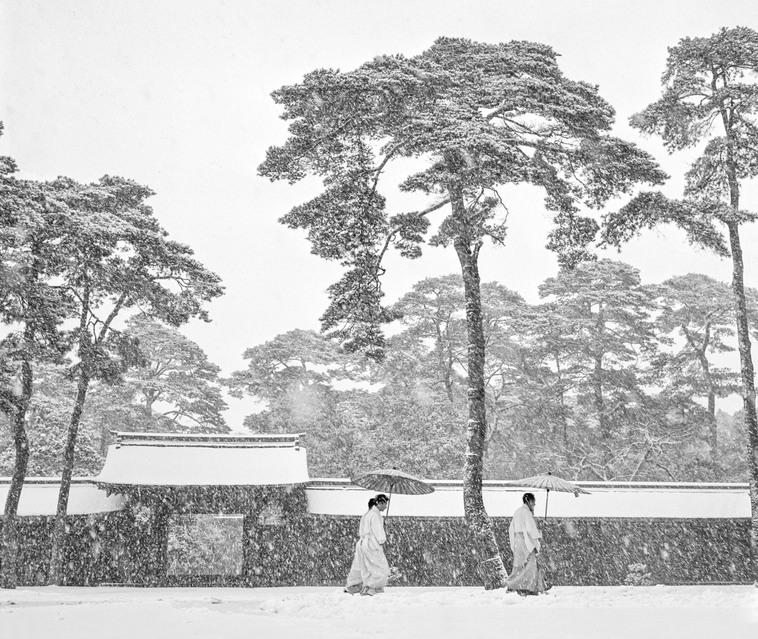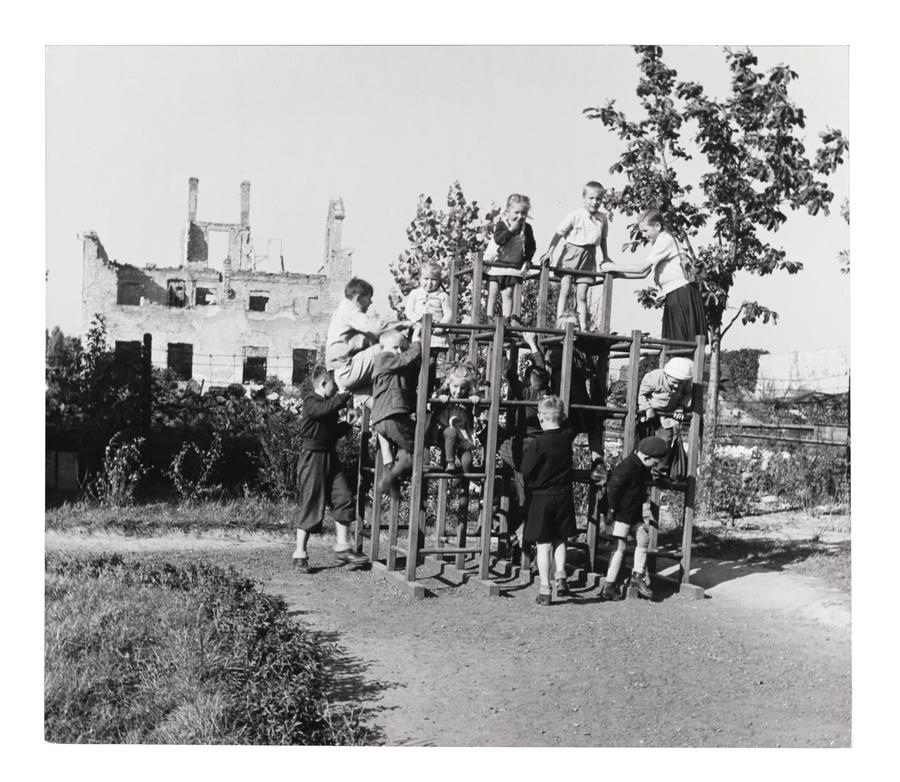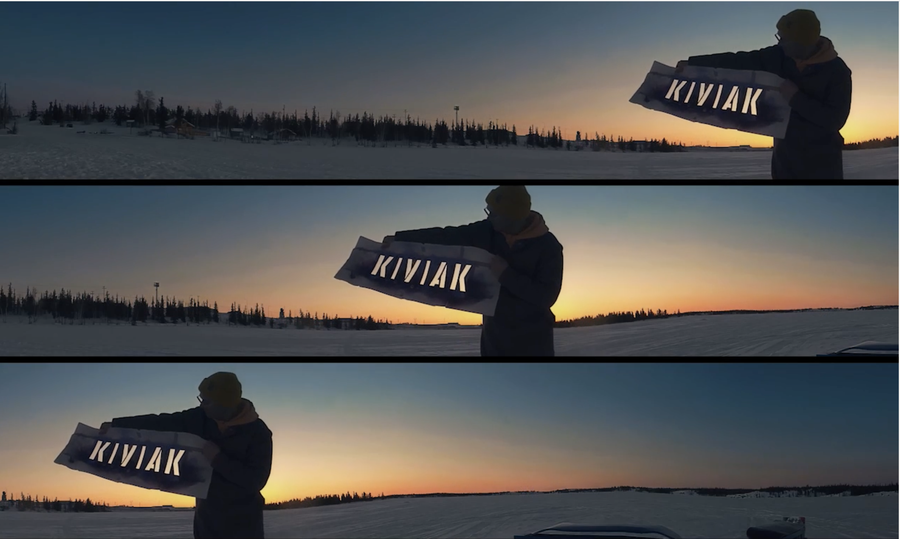Gordon Parks: The Flávio Story
September 12 – December 9, 2018
Main Gallery, The Image Centre (formerly Ryerson Image Centre)
Co-curators: Paul Roth and Amanda Maddox
This exhibition explores a seminal photo essay by pioneering African-American photographer Gordon Parks, and the extraordinary chain of events it prompted. Published in Life magazine in June 1961, “Freedom’s Fearful Foe: Poverty” profiled the da Silva family, living in a hillside favela near a wealthy enclave of Rio de Janeiro, Brazil. Focused on the eldest son, Flávio, a resourceful twelve-year-old suffering from crippling asthma, the story elicited thousands of letters and nearly nearly $30,000 USD (more than $250,000 today) in donations from Life readers. In response, the magazine launched an extraordinary “rescue” effort—relocating the family to a new home, moving Flávio to a hospital in the United States, and administering funds to support rehabilitation of the favela. Meanwhile, in Brazil the picture story sparked great controversy in the press. The Flávio Story provides an in-depth look at Parks’ most celebrated photo essay in the context of Cold War politics in the United States and Brazil, and at the inner workings and cultural force of the “Great American Magazine.”
Event(s):
Opening Party
Wednesday, September 12
6:00–8:00 PM
Curators in Conversation: Philip Brookman and Deborah Willis with Paul Roth
Location TBA
Wednesday, September 26
7:00 PM
Special Tour
With curator Paul Roth and Julie Crooks, Assistant Curator of Photography at the Art Gallery of Ontario (AGO)
Wednesday, October 17
6:00 PM
Tanenbaum Lecture with Jamel Shabazz
Location TBA
Wednesday, November 14
7:00 PM
Exhibition Tours
Daily 2:30 PM
All events take place at The Image Centre (formerly Ryerson Image Centre), unless otherwise noted
Organized by the Ryerson Image Centre, Toronto, Canada, the J. Paul Getty Museum, Los Angeles, California, USA, and The Gordon Parks Foundation, New York, USA, in partnership with Instituto Moreira Salles, Rio de Janeiro, Brazil. With generous funding from The Robert Mapplethorpe Foundation, New York.

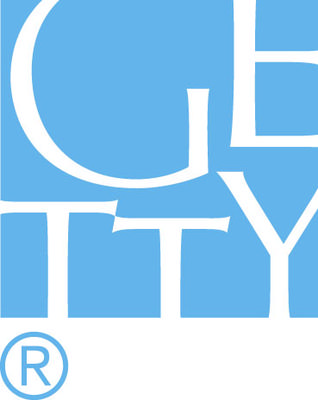

Media sponsors


With additional support from
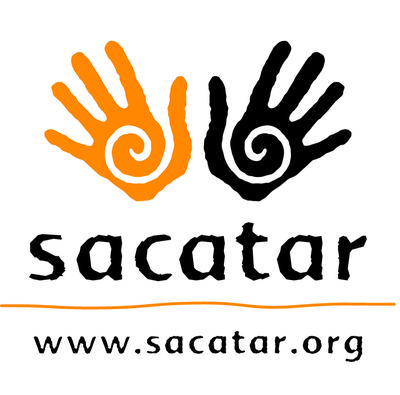
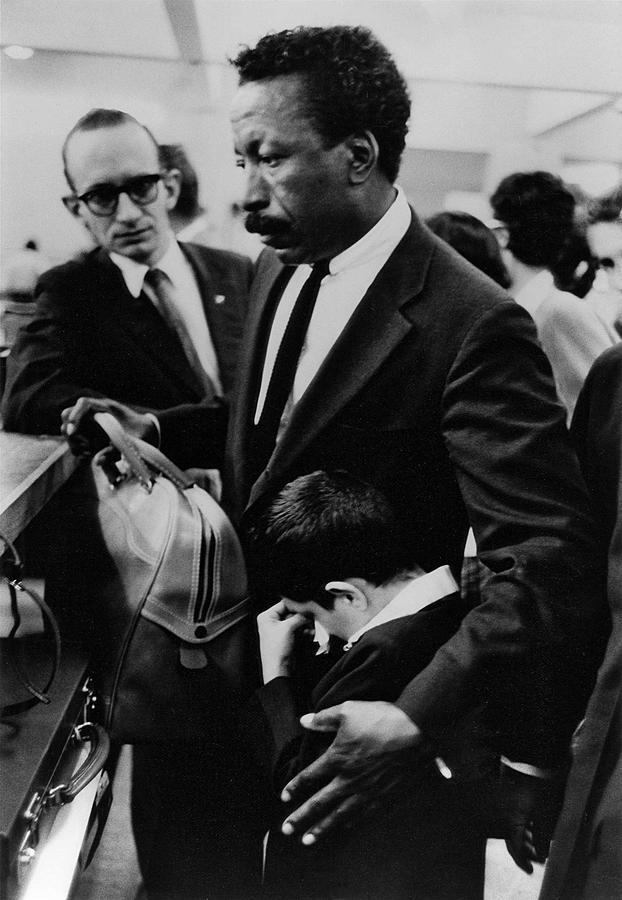
Paulo Muniz, Untitled, Rio de Janeiro, Brazil, 1961. Courtesy of and copyright The Gordon Parks Foundation
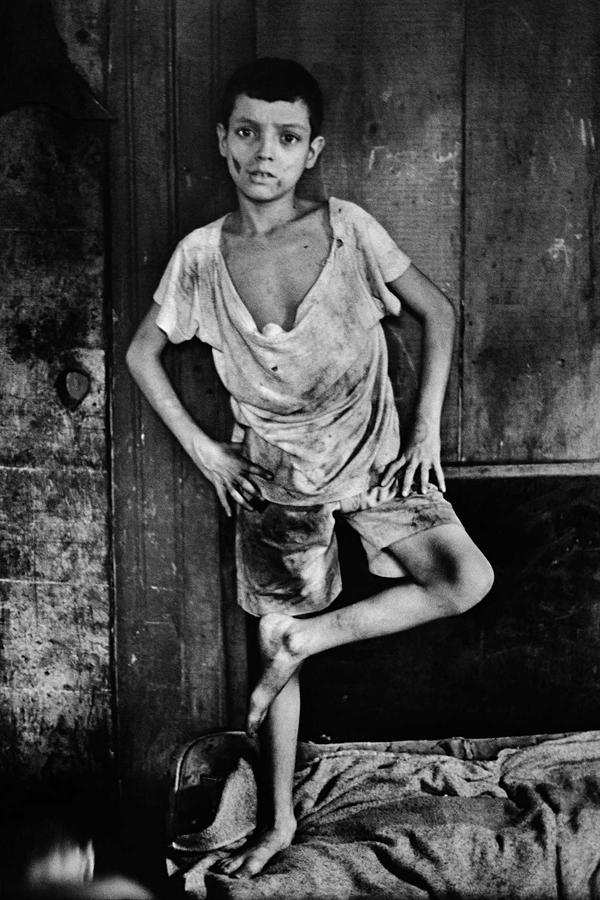
Gordon Parks, Flavio da Silva, Rio de Janeiro, Brazil, 1961. Courtesy of and copyright The Gordon Parks Foundation
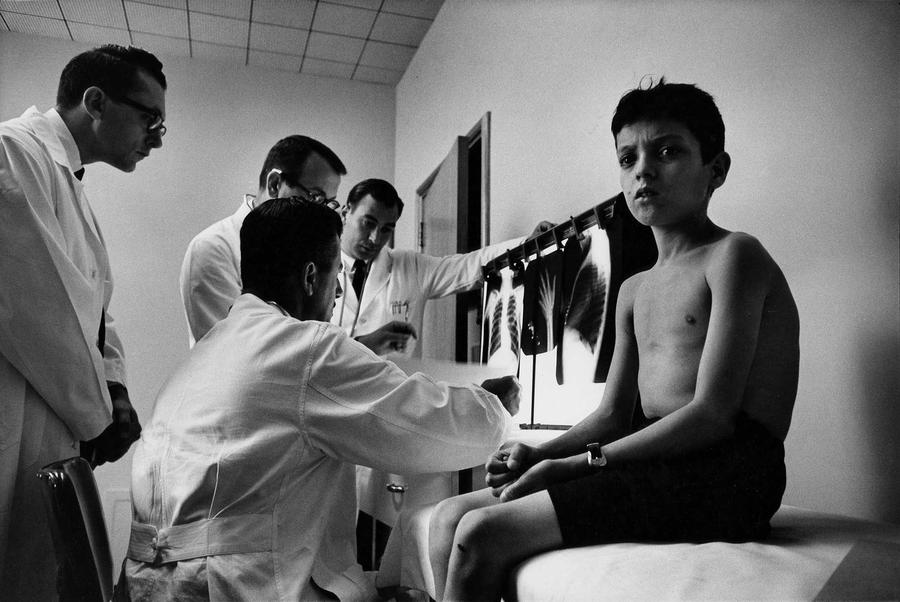
Carl Iwasaki, Untitled, Denver, Colorado, 1961. Courtesy of and copyright The Gordon Parks Foundation
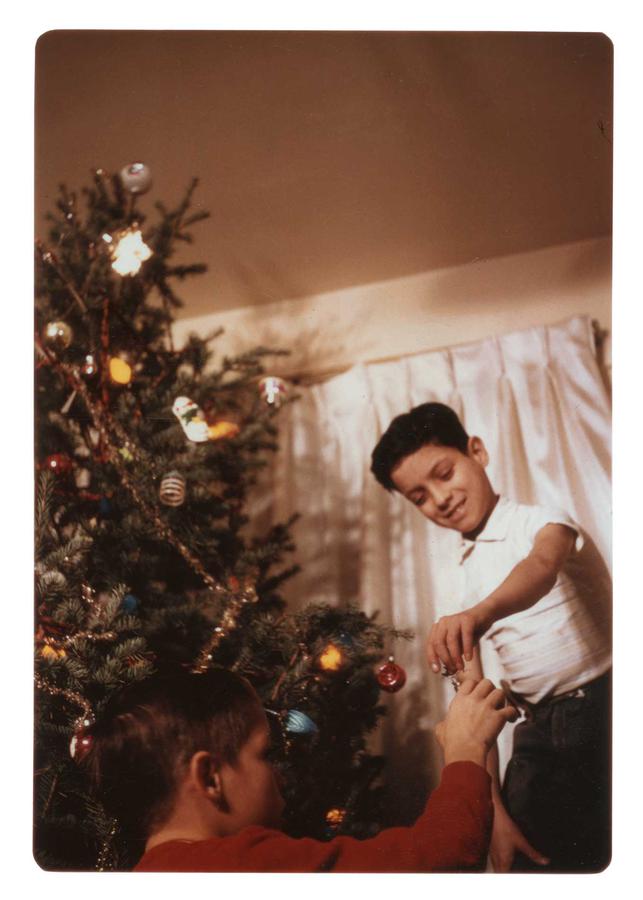
José Gonçalves, Untitled, Denver, Colorado, 1963. Courtesy of and copyright The Gordon Parks Foundation
Artist Bio
Gordon Parks
Gordon Parks was born into poverty and segregation in Fort Scott, Kansas, in 1912. An itinerant labourer, he worked as a brothel pianist and railcar porter, among other jobs, before buying a camera at a pawnshop, training himself, and becoming a photographer. Throughout his storied career at Life (1948–1971), Parks contributed numerous photographic essays that spoke to large and diverse audiences, while also conveying aspects of his own experience with indigence, racial discrimination, religion, political and criminal justice, and loss. Evolving into a modern-day Renaissance man, Parks found success as a film director, author, and composer of music. The first African-American director to helm a major motion picture in Hollywood, he helped launch the blaxploitation genre with the blockbuster movie Shaft (1971). Parks wrote numerous memoirs, novels, and books of poetry, and received many awards, including the U.S. National Medal of Arts, and more than fifty honorary degrees. He died in 2006.
Gordon Parks’ archive is held by The Gordon Foundation, whose mission is to permanently preserve his work, make it available to the public through exhibitions, books, and electronic media, and support artistic and educational activities that advance what Parks described as "the common search for a better life and a better world."
Exhibition Catalogue
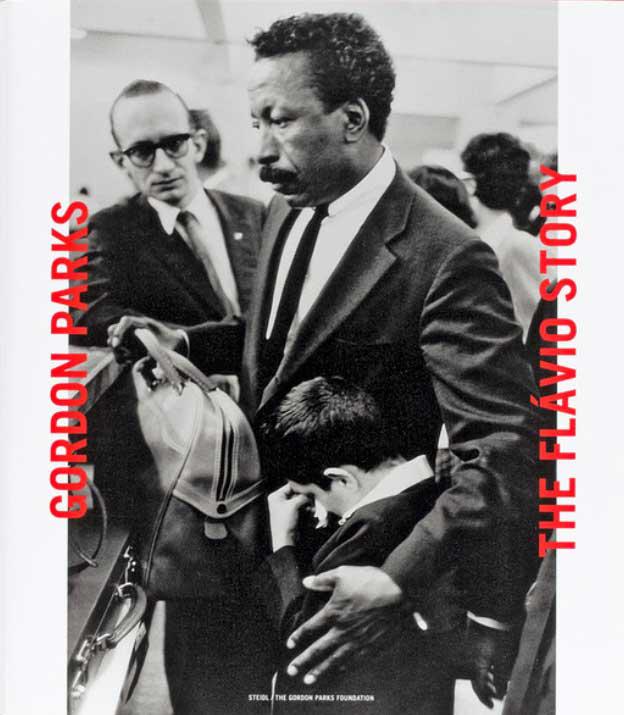
Cover of Gordon Parks: The Flávio Story, published by Steidl
Gordon Parks: The Flávio Story
Co-published by Steidl and The Gordon Parks Foundation
This book explores a once-popular picture story by Gordon Parks and the extraordinary chain of events it prompted. Published in Life magazine in June 1961 as “Poverty: Freedom’s Fearful Foe,” this empathetic photo-essay profiled the da Silva family, living in a hillside favela near a wealthy enclave of Rio de Janeiro. Focused primarily on the eldest son Flávio, an industrious twelve-year-old suffering from crippling asthma, Parks’ story elicited more than 3,000 letters and $25,000 in donations from Life readers to help the family and the favela.
In Brazil the story sparked controversy; one news magazine, O Cruzeiro, retaliated against Life, sending photographer Henri Ballot to document poverty in New York City. Undeterred, Life embarked on a multi-year “rescue” effort that involved moving Flávio to a Denver hospital, relocating the family to a new home and administering funds to support the favela. The story, as well as Parks’ relationship to Flávio, continued to develop over many years. The details of this extraordinary history provide a fascinating example of US exceptionalism during the early 1960s and a revealing look inside the power and cultural force of the “Great American Magazine.”
Installation Shots

Gordon Parks: The Flávio Story (installation view), 2018 © James Morley, The Image Centre
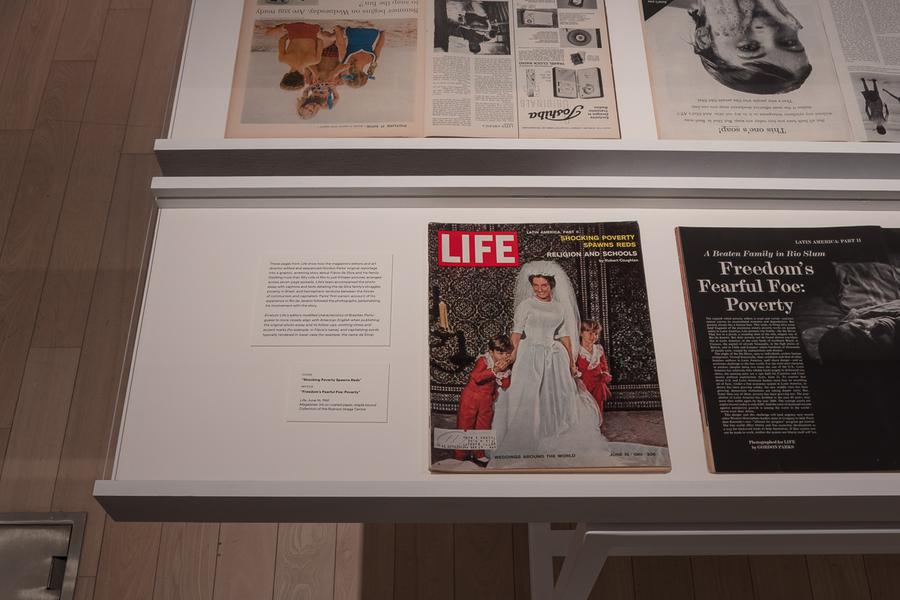
Gordon Parks: The Flávio Story (installation view), 2018 © James Morley, The Image Centre
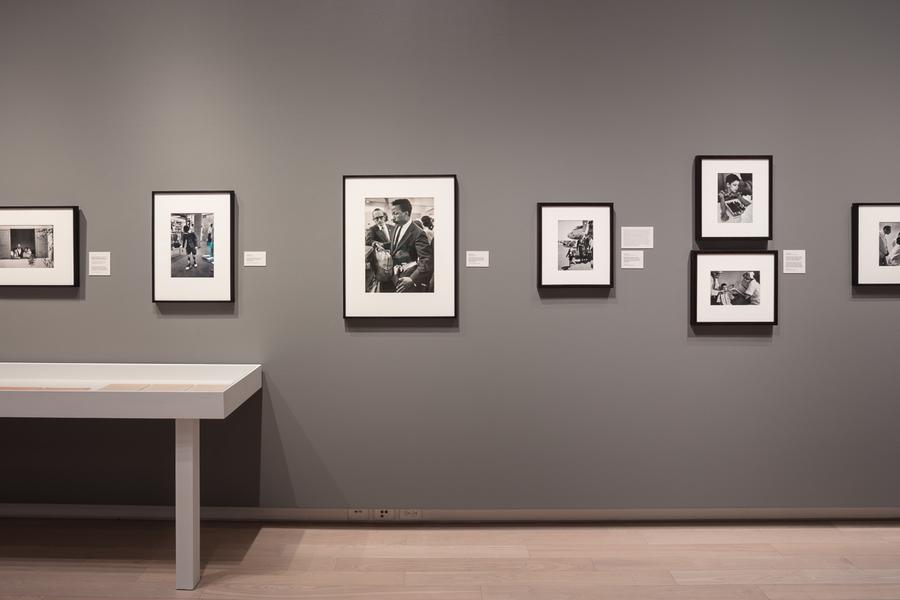
Gordon Parks: The Flávio Story (installation view), 2018 © James Morley, The Image Centre
The Flávio Story
Organized by the Ryerson Image Centre, Toronto, Canada, the J. Paul Getty Museum, Los Angeles, California, USA, and The Gordon Parks Foundation, New York, USA, in partnership with Instituto Moreira Salles, Rio de Janeiro, Brazil. With generous funding from The Robert Mapplethorpe Foundation, New York.
